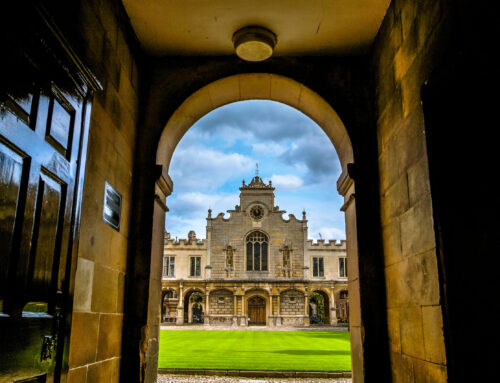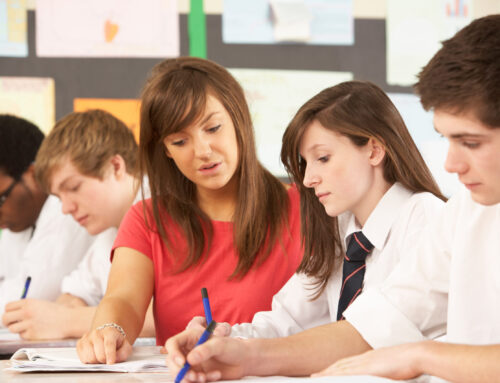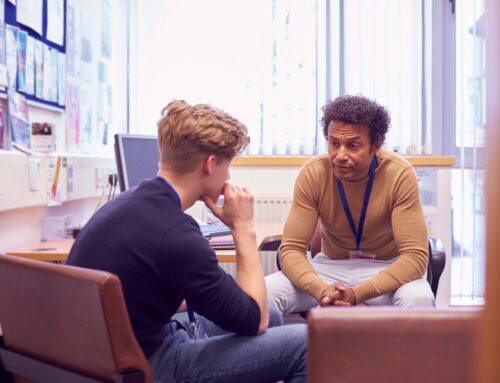No one can say for certain what society will look like this autumn, or even in the following months and years. The same can be said for higher education. To date, it is unclear exactly what going to university will entail and how students will be able to interact with their peers and lecturers. To help, we’ve put together what students might expect from university post-lockdown.

Student living and bubbles
There is a high possibility that students will have to stay in the same ‘protective bubble’ in order to minimise infection, similar to what we’ve seen in primary schools over the last few weeks. This would mean living, studying and socialising within the same small group. It is likely that, for the first year, students will only be able to live with people on their course. This is to reduce interaction and aims to help stop the spread of the coronavirus. The number of people living in a student flat is likely to be restricted so that keeping communal areas clean is easier and contagion can be reduced. Students would have to refrain from interactions with others, unless outside and with social distancing measures in place.
There will also be a significant drop in the number of international students, both in student accommodation and at the universities in general. Some countries will not be allowing international travel, and also many students from abroad will be hesitant to live in another country during these times.
Freshers and social life
Freshers Week is a big deal for first years. It’s a right-of-passage that few opt out of. But this year, it will be very different. While some universities may choose to cancel it altogether, others will postpone, and some, such as Nottingham University, plan to host a ‘virtual freshers week’. This is likely to involve online events such as quizzes, parties and gigs. They will be hosted on platforms such as Zoom and students will ‘attend’ via webcam.
As for other social events, at the point of writing, it is unclear whether sports societies will be allowed to run. It may be the case that rugby teams, and other contact sports, will be allowed to train but matches will not be able to take place with other universities for some time. Other social and entertainment venues, such as nightclubs, will remain closed for the foreseeable future, meaning student life could be reduced to studying and limited socialising.
Lectures and seminars
It is likely that teaching will be done through a mix of online classes and face-to-masked-face sessions. These in-person sessions will only be for small groups to start with, as to reduce the risk of infection. The University of Cambridge was the first to announce that it would be conducting online lectures in September with only supervisions being face-to-face. It is likely we will see a lot more universities following this example over the coming weeks.
At this point, it is still possible that some universities will stay completely online for at least the first term. There is also talk that universities could start later, missing the first few months in hopes that when they return, university life can be more ‘normal’. In the University and College Union’s recent study, they found that 71% of students would prefer to push back the start of term, if it meant they could attend classes in person and there was less online teaching. However the teaching is delivered, universities still have the right to charge full tuition fees.
There’s no doubt that starting university in the 2020/21 academic year is going to be a unique experience. Students will need to understand that life will not be entirely back to normal in time for the new term and that they will need to adjust their expectations. It is also important to advise students that they must be aware of each other’s health and emotions – not everyone will feel safe as restrictions are eased and this can cause tension in shared-living situations. For more detailed information, students should look at individual university websites and social media accounts, and keep an eye on government updates on education.

Jessie Parker joined the team as Editorial Intern in 2020. After completing a degree in Creative Writing and Publishing, Jessie has recently had her creative non-fiction book published.





